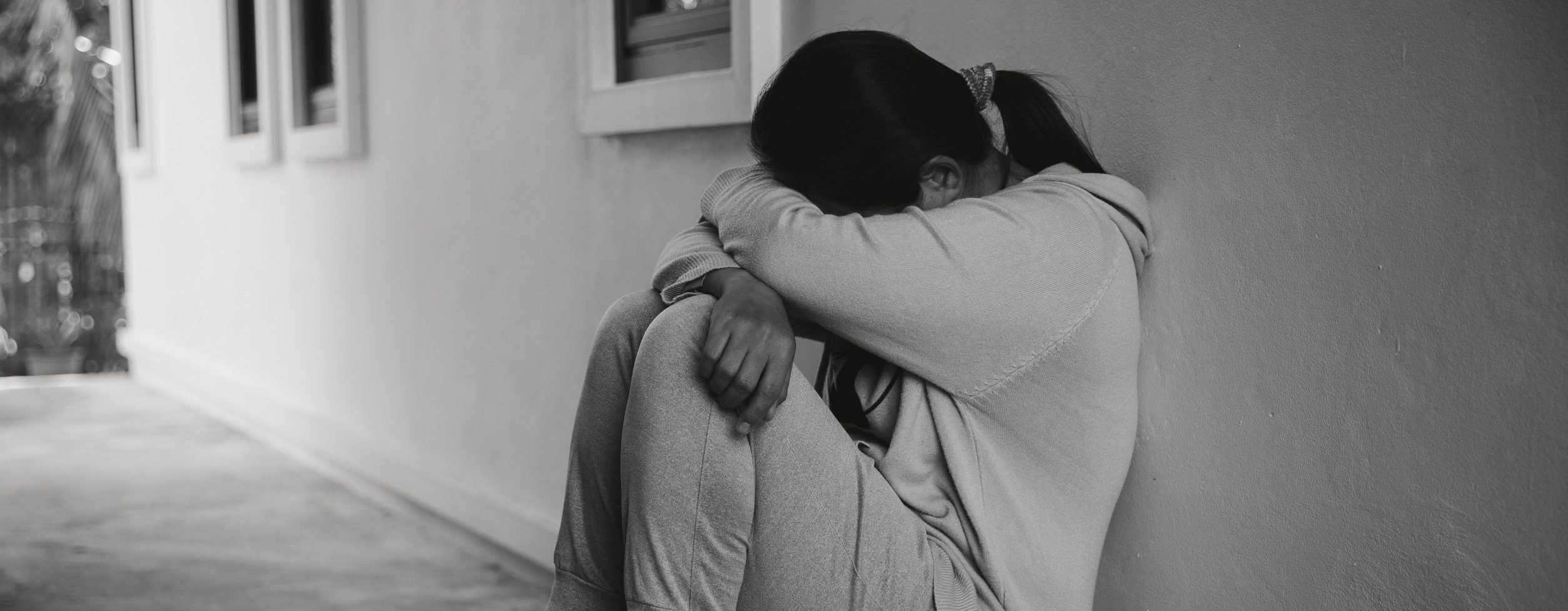
Grief is something we all go through, yet it can feel incredibly isolating when you’re in the middle of it. Whether you’ve lost a loved one, gone through a breakup, lost a job, or even just experienced a major life change, grief can shake your world in unexpected ways. It doesn’t follow a timeline, and it doesn’t always look the way you might expect. But by learning more about grief and how to cope, you can begin to navigate the path toward healing.
Grief isn’t a neat, linear process. It can come in waves—some days you might feel okay, and other days it hits you out of nowhere. It can bring up a wide range of emotions, including sadness, anger, guilt, confusion, or numbness. You might also notice changes in your sleep, appetite, or energy levels. It’s important to know that all of this is normal. There is no “right” way to grieve.
We often feel pressure to “move on” or “stay strong,” but pushing grief aside doesn’t make it go away. In fact, ignoring those feelings can make them more intense over time. Giving yourself permission to feel and process your emotions—no matter how messy or complicated—is a vital part of healing.
At Brainerd Lakes Psychiatry, we understand that grief looks different for everyone. If you’re feeling stuck or overwhelmed, we’re here to walk alongside you. Healing from loss takes time, but with the right support, it’s absolutely possible. Reach out to us when you’re ready.